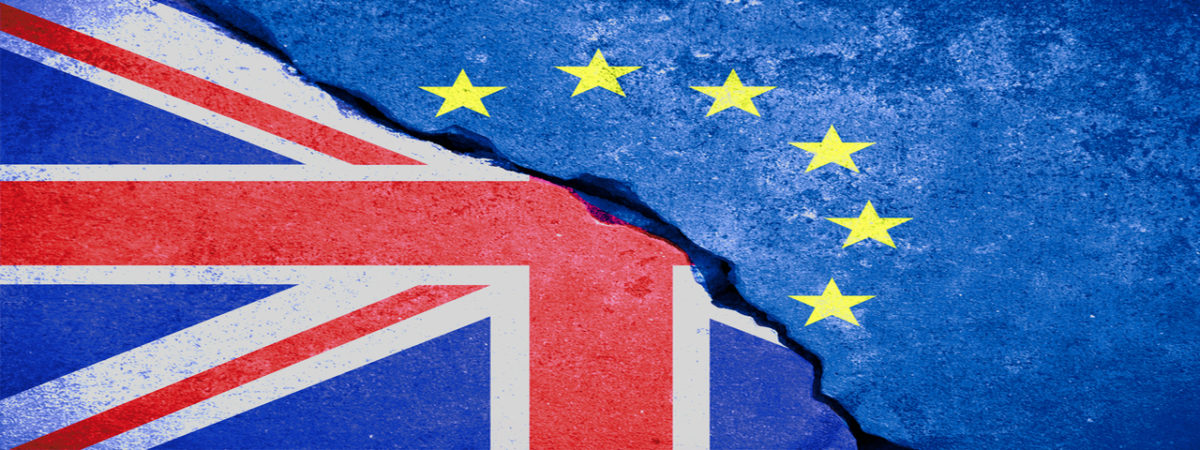The IEA Brexit Prize: A Blueprint for Britain – Openness not Isolation
SUGGESTED

The final six shortlisted entries for the IEA Brexit Prize

Research into the overall impact of plain packaging

The winner of the IEA Brexit Prize
Exiting from the EU should be used as an opportunity to embrace openness. The UK should pursue free trade agreements with major trading nations such as China, the USA and Russia and deepen its engagement with organisations such as the G8, G20 and OECD. In Europe, a priority must be to secure open trade relations, ideally by membership of the European Free Trade Area, though remaining outside the European Economic Area. Bilateral strategic relationships with allies such as Australia, Canada and France, as well as emerging powers in Asia and Latin America, should be cultivated.
Domestically, a ‘Leaving the EU’ Bill should be brought forward rapidly, to implement the legal secession from the EU two years after activation of Article 50 of the Lisbon Treaty. Separately, a ‘Great Repeal Bill’, based upon the Public Bodies Act (2011), should be enacted, bringing about within three years the comprehensive review and, where appropriate, repeal, of regulation of EU origin with the aim of lessening the bureaucratic burden on business, the public sector and third sector. Administratively, the Government will need to strengthen its capacity in a wide range of areas from trade negotiations to anti-trust enforcement. Current levels of funding from the EU to sectors and regions should initially be maintained domestically, including in agriculture, to prevent economic shocks whilst the surplus should be recycled to help pay down the deficit. Measures such as tax breaks and supply-side incentives would help preserve the UK’s position as the number one inward investment destination in Europe.
The outcome would be to accelerate the shifting pattern of UK’s exports and total trade away from the EU to the emerging markets, where the majority of the world’s growth is located. A more business friendly regulatory regime and the new security of the City of London from European interference will enhance competitiveness and compensate for the partial loss of access to European markets. The total long-term impact is estimated to be between -2.6% and +1.1% of GDP, with a best estimate of +0.1%. Although the years immediately surrounding the exit are likely to feature some degree of market uncertainty, if the right measures are taken the UK can be confident of a healthy long- term economic outlook outside the EU.
The publication featured in The Times, The Telegraph, The Guardian, The Sunday Times, CityAM and The Independent. It also appeared on the front page of The Financial Times and Iain discussed his winning entry on BBC Radio Four’s Today Programme as well as on CNBC.
Read the press release here.
Biography:
Iain is the Director of Trade and Investment at the UK’s embassy in the Philippines and has previously worked for the Department of Business, Innovation and Skills. He lives with his wife, Sarah, who teaches at the British School, Manila. Their first son, Edward, is seven weeks old and is presently visiting England for the first time. Iain is currently back in the UK with the UK-ASEAN Business Council on a regional roadshow to support British companies in exporting to South East Asia.
He blogs regularly on current affairs, economics and a wide range of other topics at www.igmansfield.co.uk. Iain is also the author of the novel Imperial Visions and has a Masters in Natural Sciences from the University of Cambridge.
Disclaimer:
His entry is in a personal capacity and does not represent the formal position of the British Embassy Manila, Foreign and Commonwealth Office or Her Majesty’s Government.



